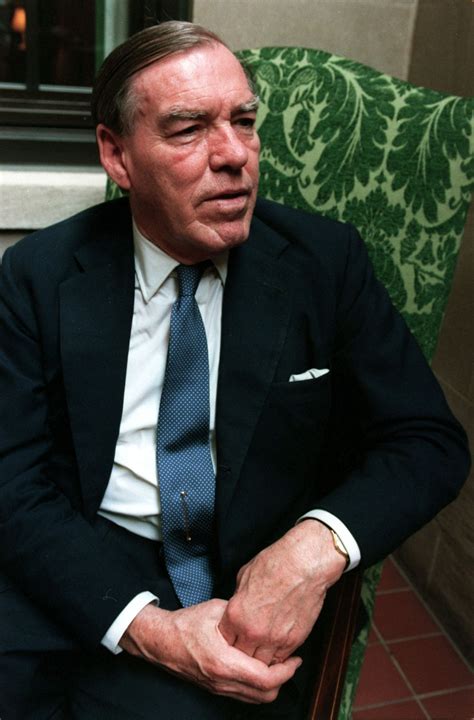A Quote by Rush Limbaugh
You'll also hear about the widening gap in the educated and the uneducated. The liberals will all say, "We must do something about it" and some in our population swoon, "Oh, yes, it's so unfair, and so unfortunate, and we've gotta do something about the inequality." So the Democrats then have their reason to do something about it, and the way they go about it is not trying to make people equal at all. The way they go about it is not even rooted in changing inequality, at the end of the day. The way they go about it is destructive for everybody.
Related Quotes
It's certainly easy for me to make a fictional character mad about something. I can get them angry about something that I'm relatively indifferent about, just because I'm not educated on it, if I go to someone who is educated about it and is passionate about it. I find a point of fiction and then give it to them.
I think all writing is about writing. All writing is a way of going out and exploring the world, of examining the way we live, and therefore any words you put down on the page about life will, at some level, also be words about words. It's still amazing, though, how many poems can be read as being analogous to the act of writing a poem. "Go to hell, go into detail, go for the throat" is certainly about writing, but it's also hopefully about a way of living.
If I could, I'd go city by city, county by county, town by town, and talk to people to explain to them what immigration is really about - that this is not about me, this is not about us, this is not about us taking something from you. This is not about us being a threat to you. This is not about Democrat or Republican, and this is not really about border security. But in some ways our politics, and in many ways our politicians, have gotten in the way.
One of my colleagues likes to say that, mathematics is the - he thinks about the only subject that he knows in academia or in the real world where if two people disagree about something - if people are studying some mathematical object and there's supposed to be a proof and they disagree about whether this proof or not, the will go into a room, sit down and talk about it and fairly quickly or at the end of the day one of them will admit they're wrong.
Equality is not possible. The pursuit of equality, however, people really love that. For some reason, people attach the most wonderful of motives to people who say they see all this inequality out there and need to fix it. It's just not fair. You'll hear it manifest itself in discussions about the so-called widening gap between the rich and the poor or the widening gap between men and women. It's like actually two twin beds.
Yes, there's something dangerous about turning people into token social activists. I was thinking about this recently with our pop-culture feminism, when feminism is such a buzzword in the media now. We're covering it in a way that we haven't before, but also in a way that's way more surface level. And while I think that there's some danger in that, I also think it's a great gateway for some people.
You can't worry about how the thing is going to come about. Ruminating about trying to make something happen or worrying about the how actually slows down the prayer being answered, because the way prayers are answered exceeds human third-dimensional thinking. Asking for help from the angels is like going to the post office: You have to let go of the envelope in order for it to be mailed.
I want my music to be something that people use in order to access parts of themselves. So in that sense, every piece I write is about all emotions at once, about the lines in between. It's never only about one thing or another. It's emotionally getting at those things that we can't really describe - things for which we don't have labels. So yes, it's about something, and it has a use. It's neither about nothing nor about something concrete - it's about what you bring to it as a listener.
I'm definitely not a guy that comes in the dressing room saying, "Hey, everybody, what a wonderful life." I'm usually brooding about something I think is wrong. I care so much about getting the music right, and if I think someone's slacking I get very upset about that. I just can't go on stage and say, "Another day, another dollar," which I've heard a few people say: I can't go along with that at all. It's got to be as good as you can do - to my own detriment.


































